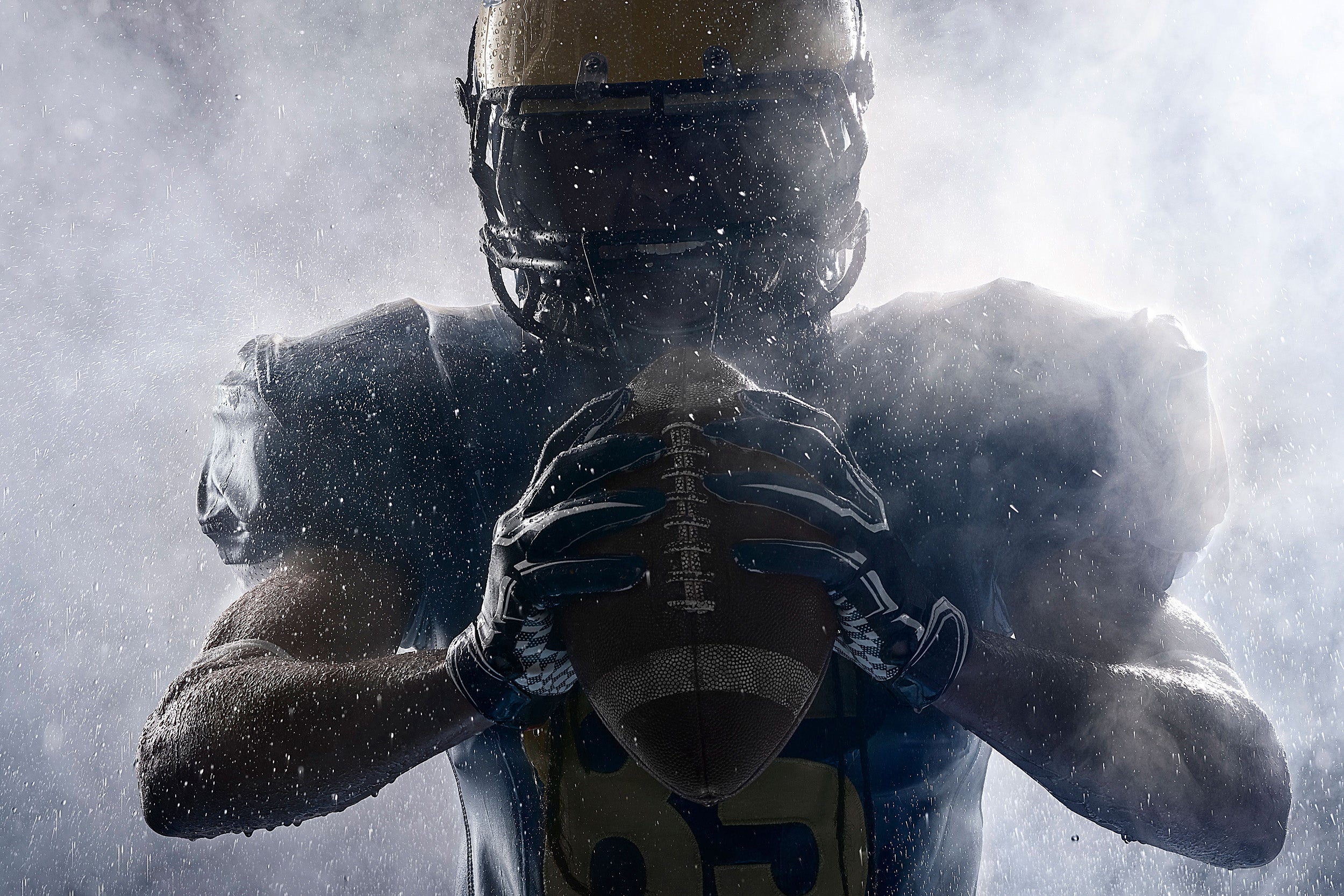What are the odds of picking a perfect NCAA bracket?
Statistician explains why ‘it’s unlikely to happen in anyone’s lifetime’
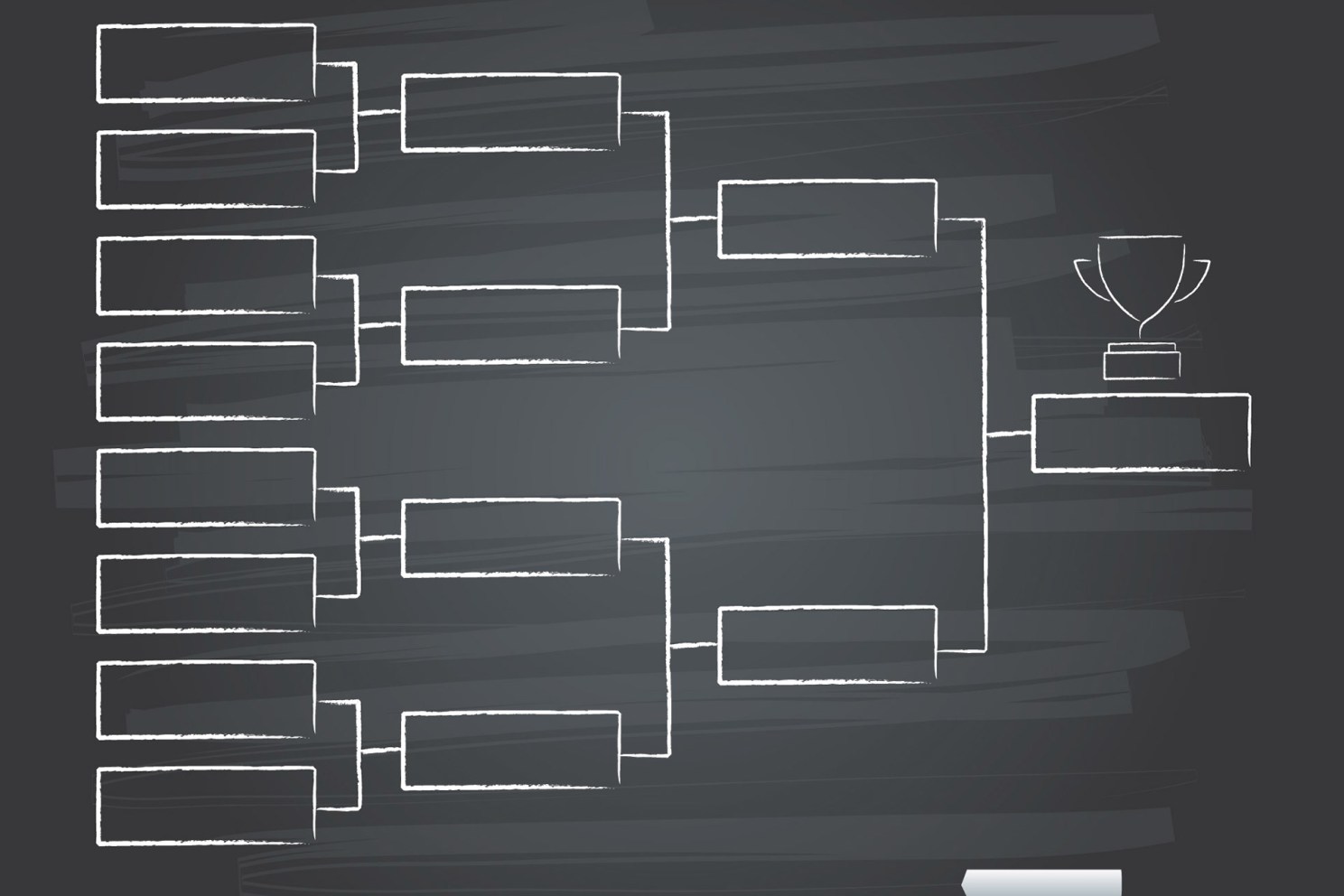
Statistician explains why ‘it’s unlikely to happen in anyone’s lifetime’
Part of the Wondering series
A series of random questions answered by Harvard experts.
Kevin Rader is the senior preceptor in statistics and associate director of undergraduate studies.
Typically, you’re talking about the perfect bracket of 64 games. Sixty-three teams lose and one team doesn’t, and to get the perfect bracket, you have to pick right in each of those games. The equation is 1 over 2 63 , which is some astronomical number, it’s in the quintillions. It’s like winning the Powerball two drawings in a row.
No one has gotten a perfect bracket ever, or at least not that has been reported. This year, we’re about halfway through the games, and there are no perfect brackets remaining of all the publicly available ones. It’s unlikely to happen in anyone’s lifetime.
The top seeds almost never lose, at least not in the first round. So it’s not really like flipping 63 coins; it’s like flipping 47 coins. So the chances are more like winning the lottery twice out of the next three draws.
The best chance for anyone to get a perfect bracket is if all the best teams win. But there are always going to be some upsets — and good luck correctly picking those.
Winning your office pool is almost a more difficult question. It mainly depends on how many people are in the pool. You need to distinguish yourself from your competition. Yes, you pick the favorites most of the time, but you have to pick a few upsets to distinguish yourself from other people, especially if it’s in a big pool with lots of entries.
To pick the upsets correctly, use the information you can. At a certain point, it’s almost a coin flip, but when there’s a big discrepancy between the teams, you shouldn’t use a coin flip; you should pick chalk.
— As told to Sy Boles/Harvard Staff Writer
Also in this series:
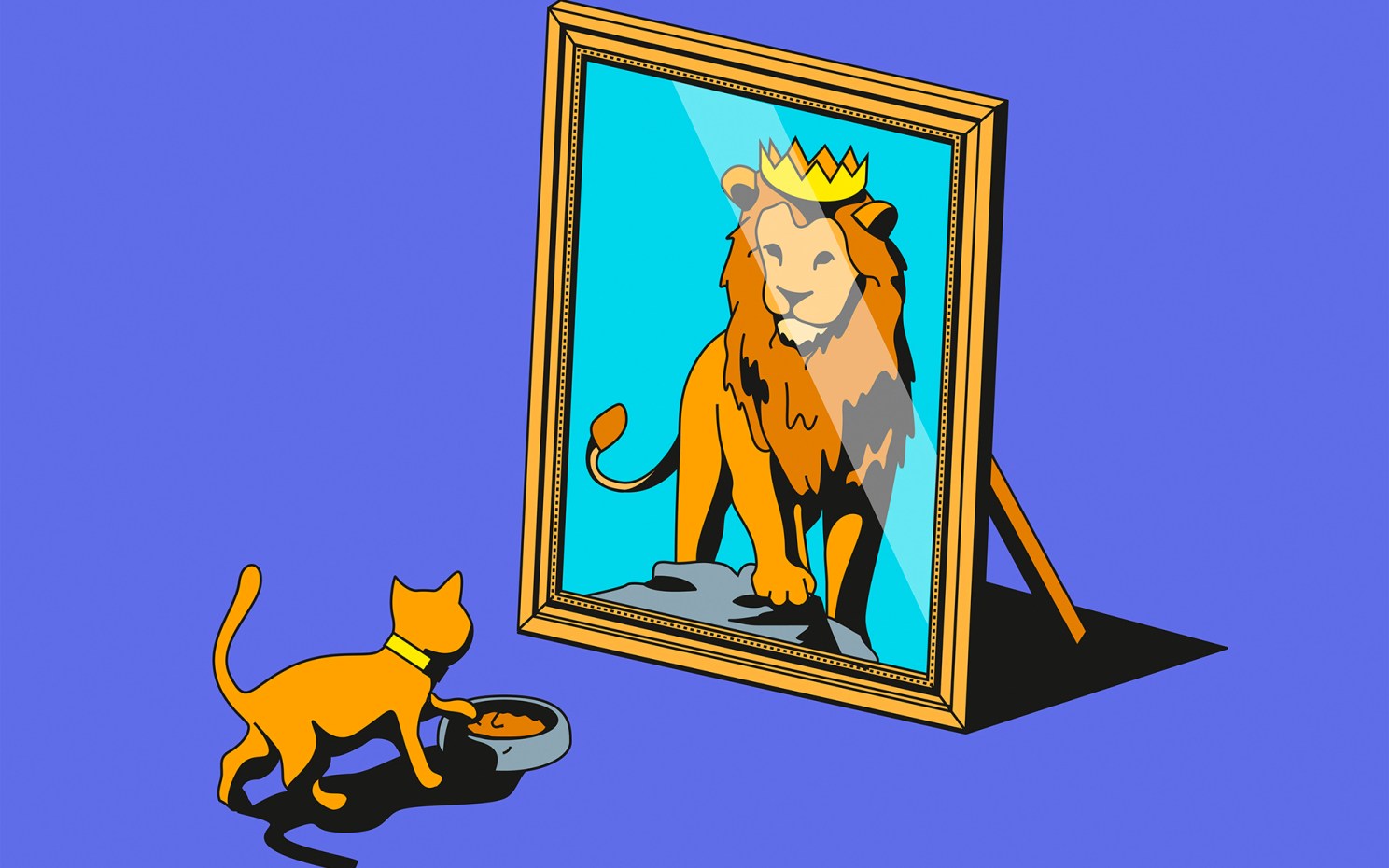
Clinical psychologist draws line between self-deprecating humor (with its health, social benefits) and self-flagellation
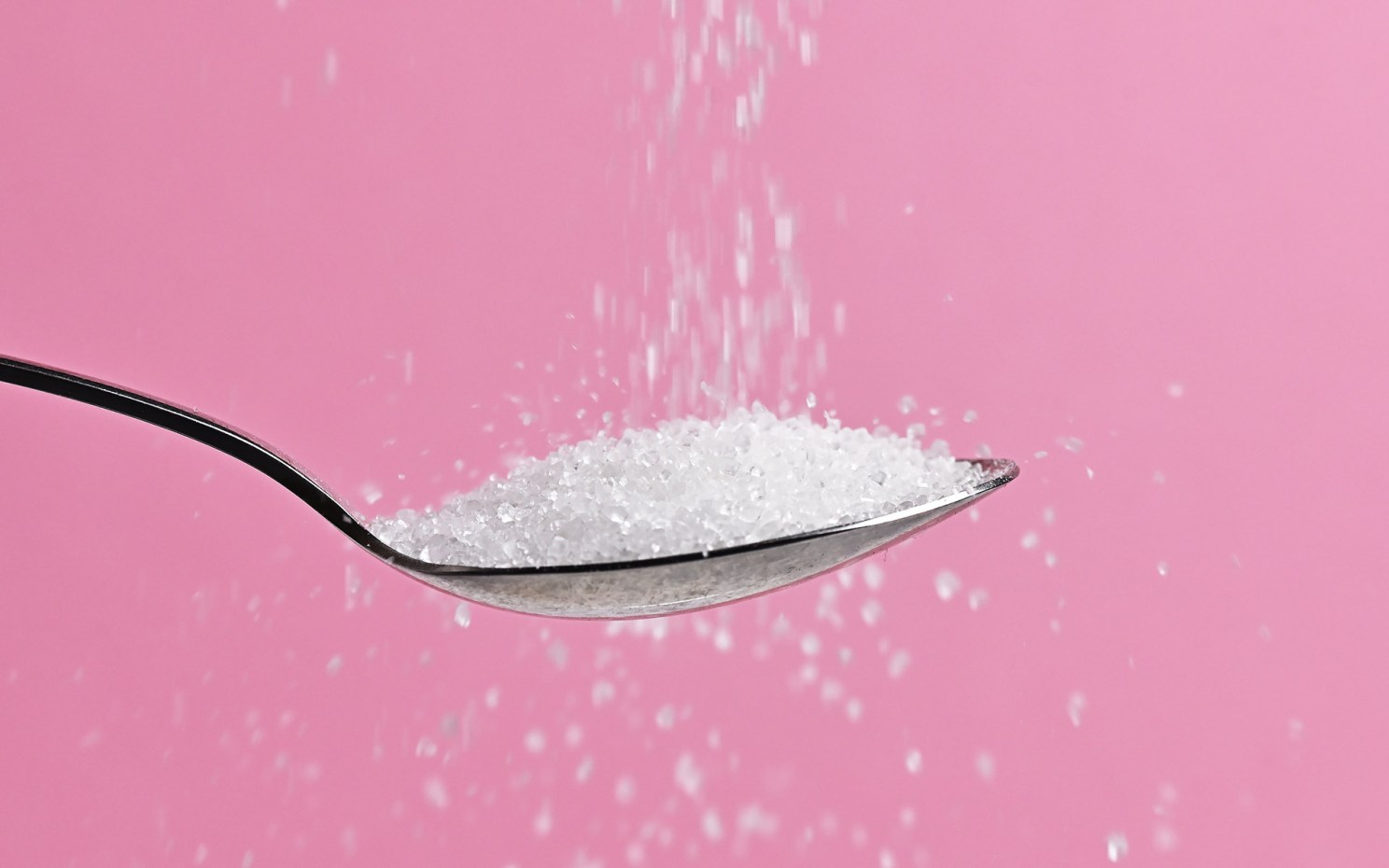
Cravings are real, nutrition researcher says — but here’s why lumping sweets with alcohol, nicotine is a problem
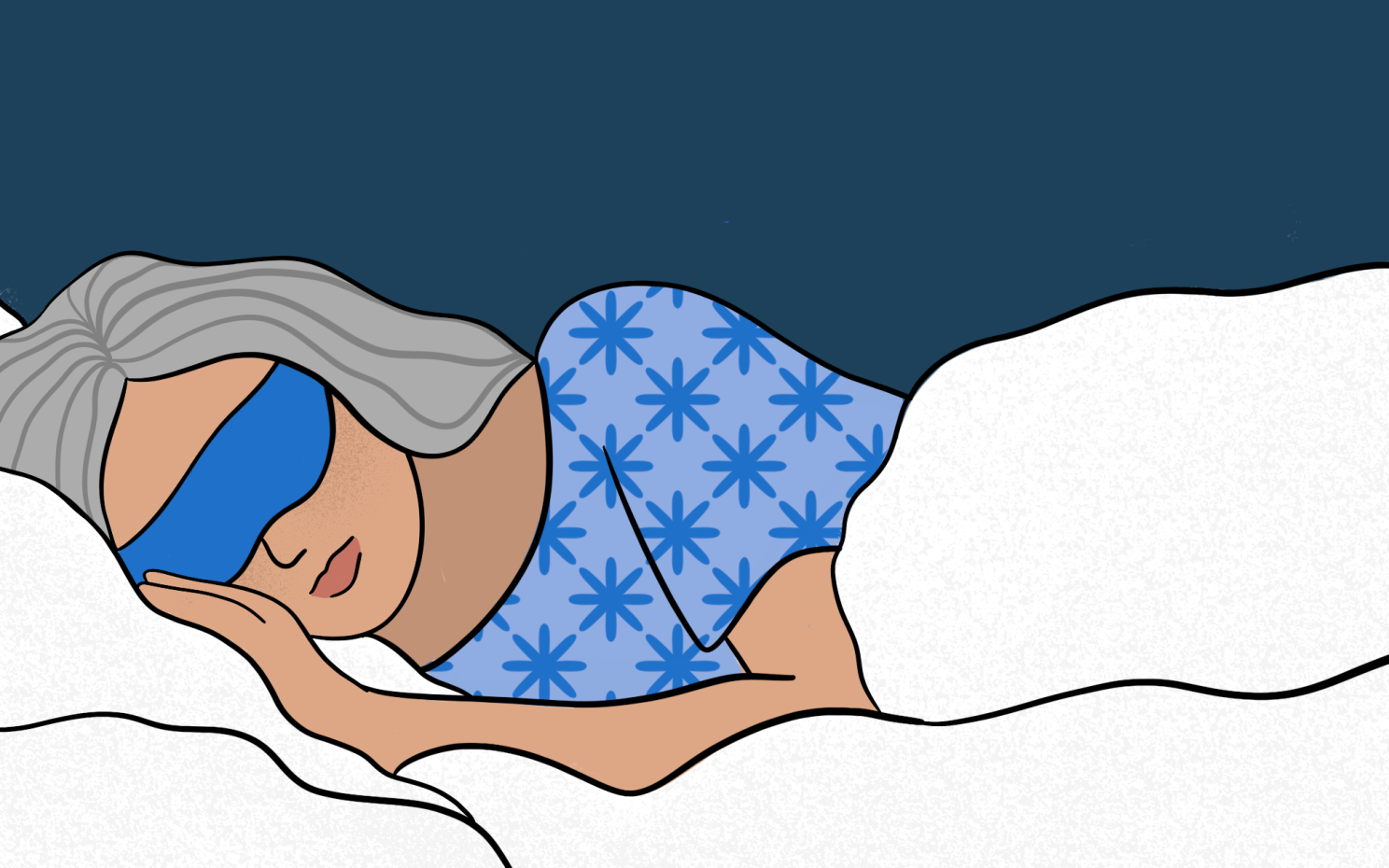
And what you can do to get it
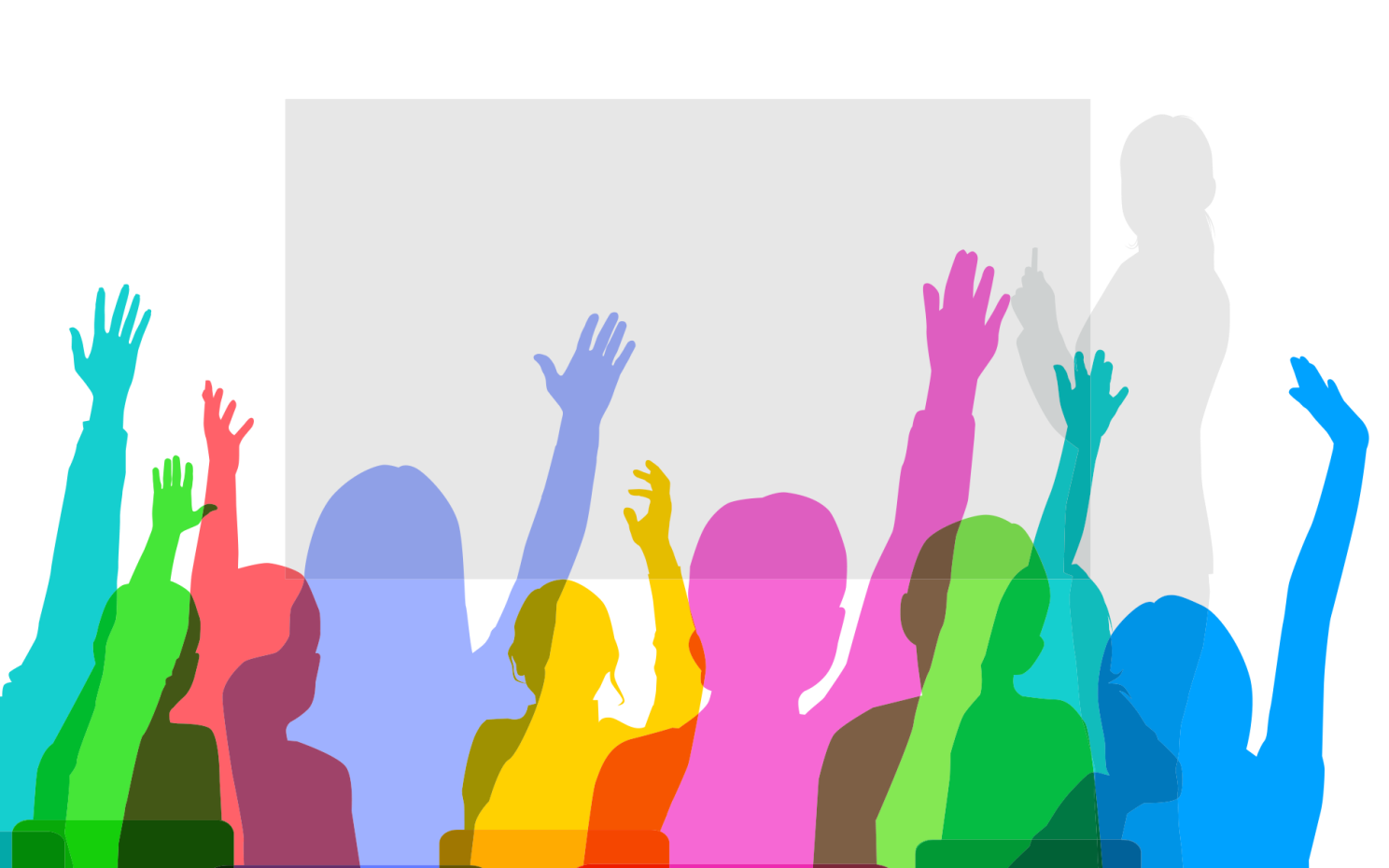
One skill — arguably the most important for educators — is also hardest to define
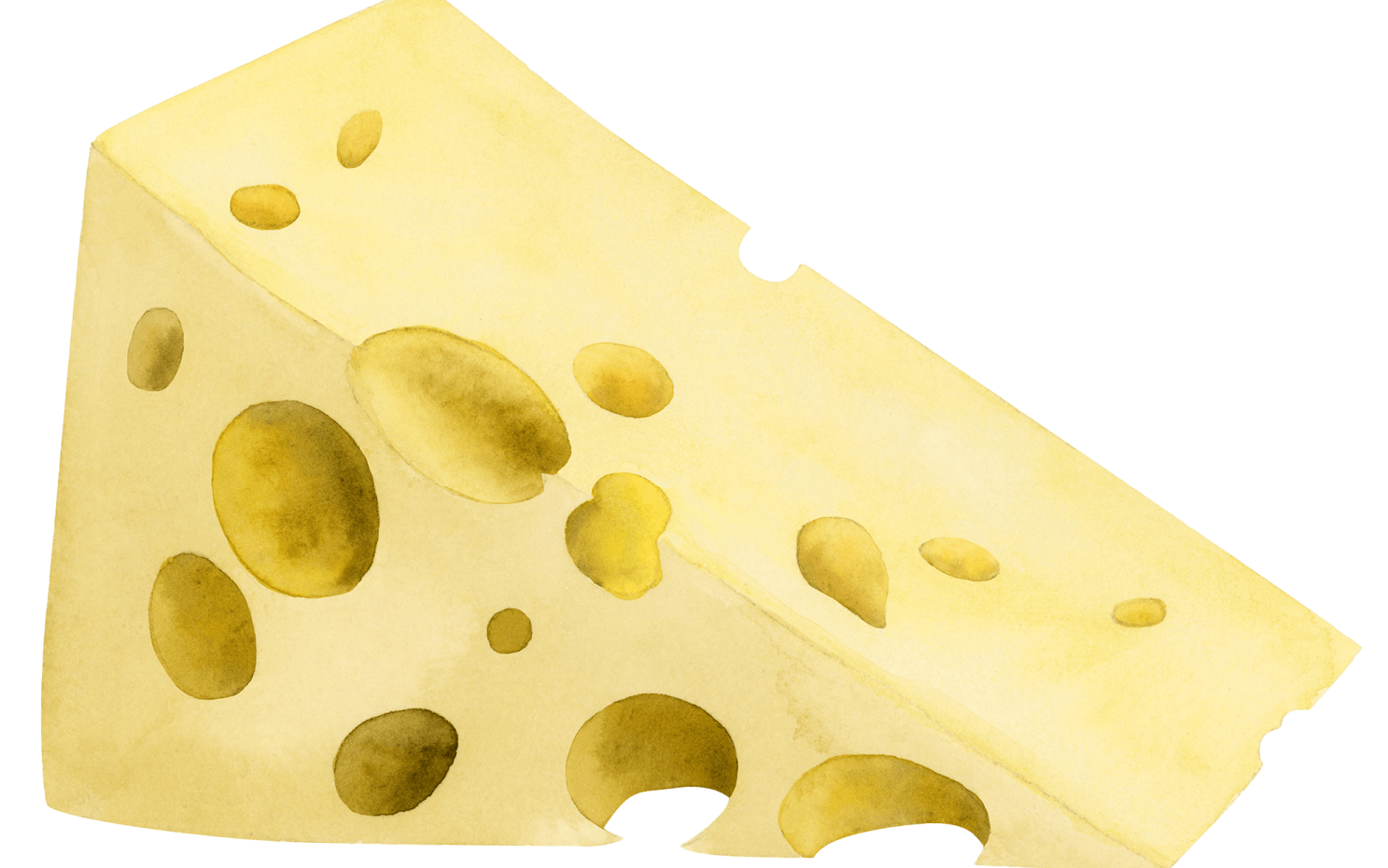
Nutritionist explains why you’re probably eating way too much
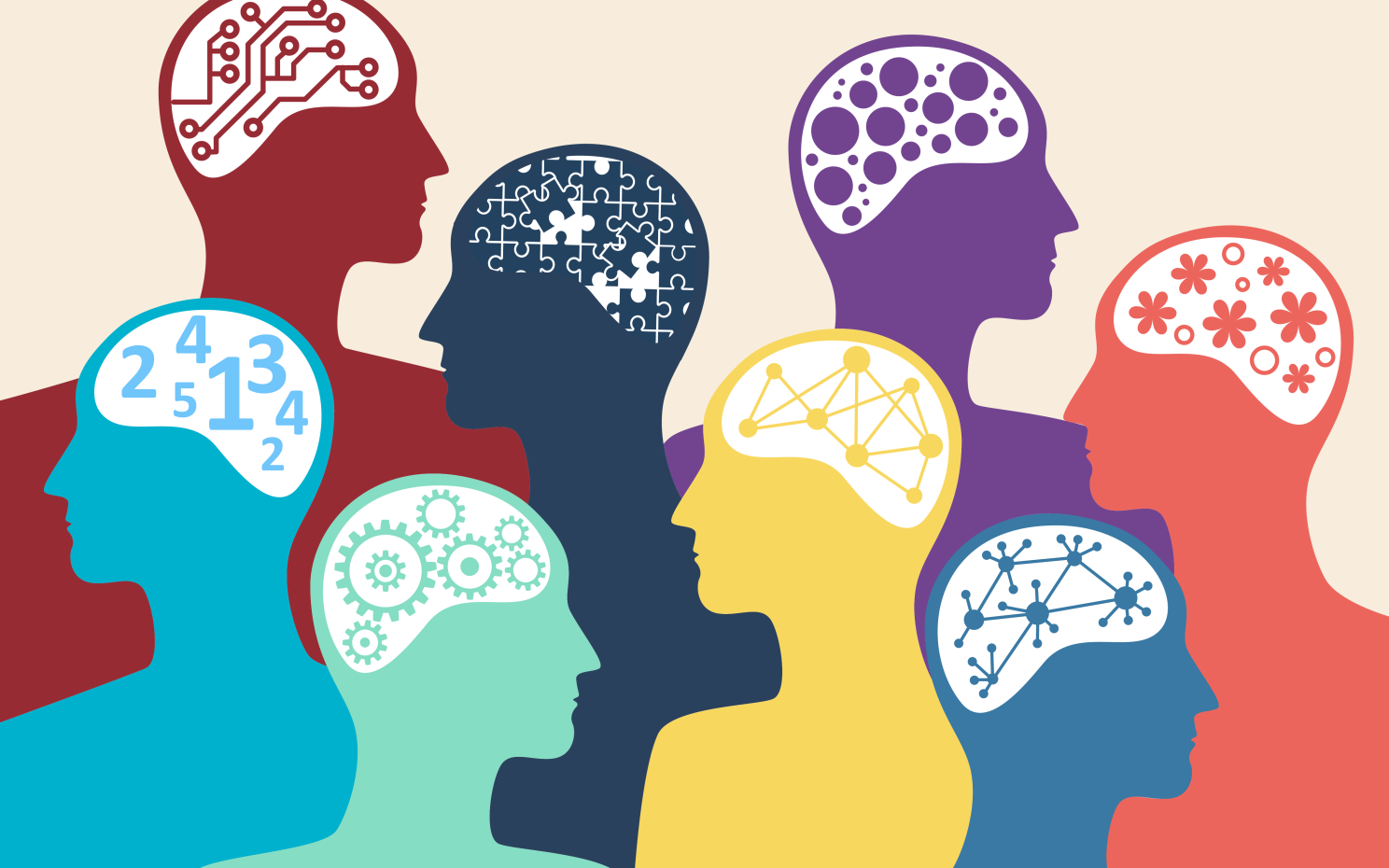
Computer scientist says we should shift focus to ‘educability’

Psychiatrist explains why we crave junk food — and how to cultivate healthier eating habits
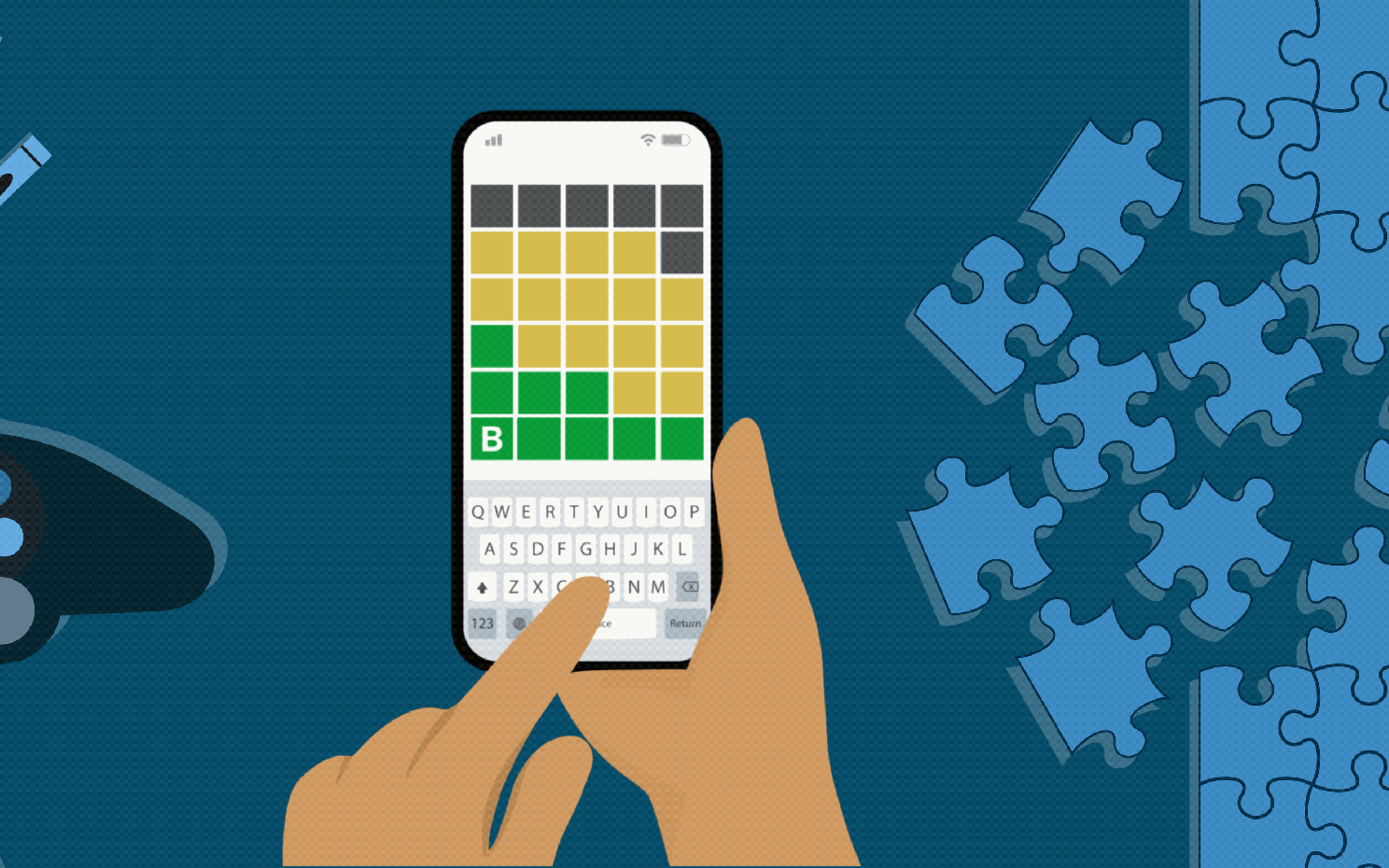
Early childhood development expert has news for parents who think the popular online game will turn their children into super readers
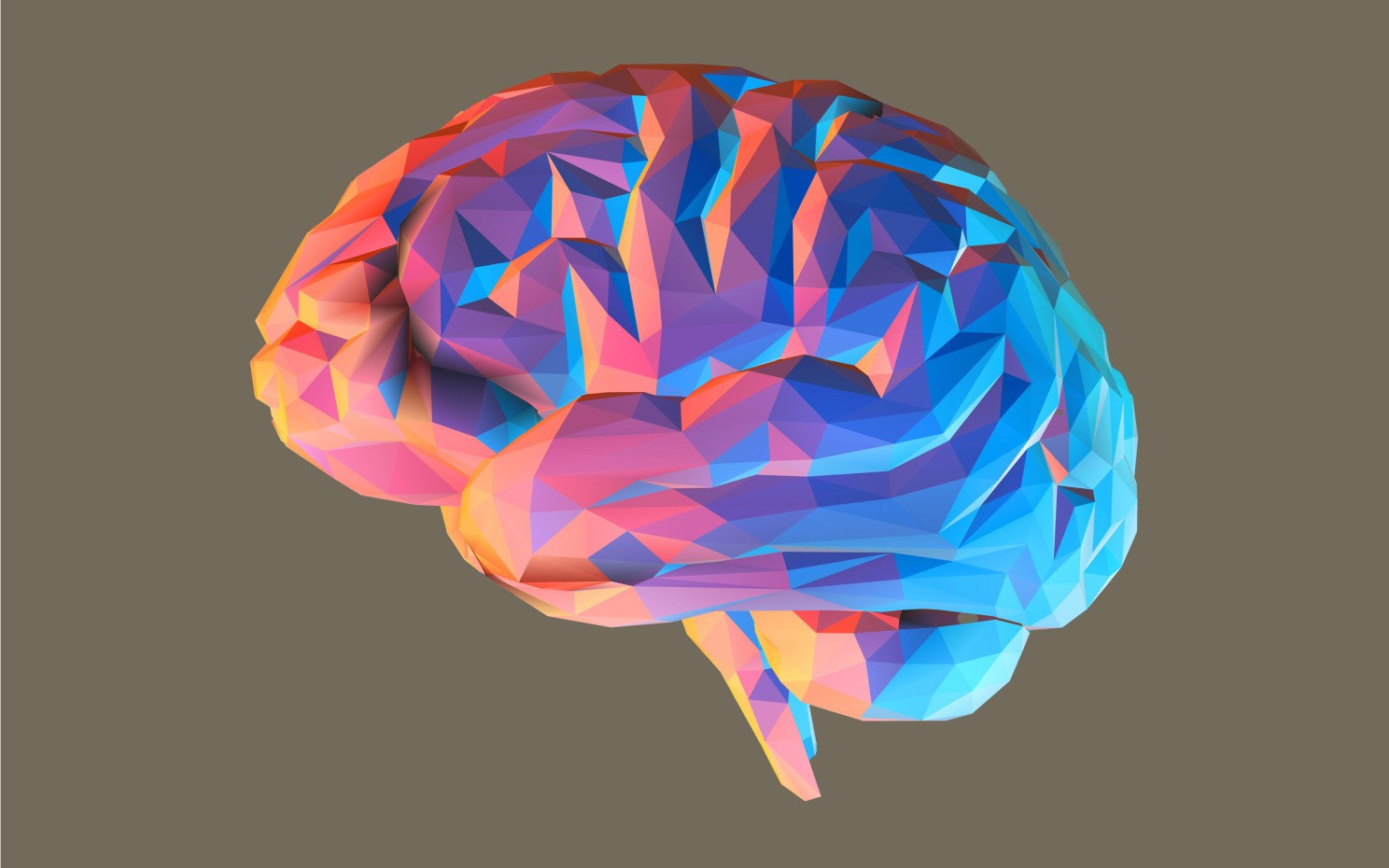
Precision medicine is just one field where the answer matters
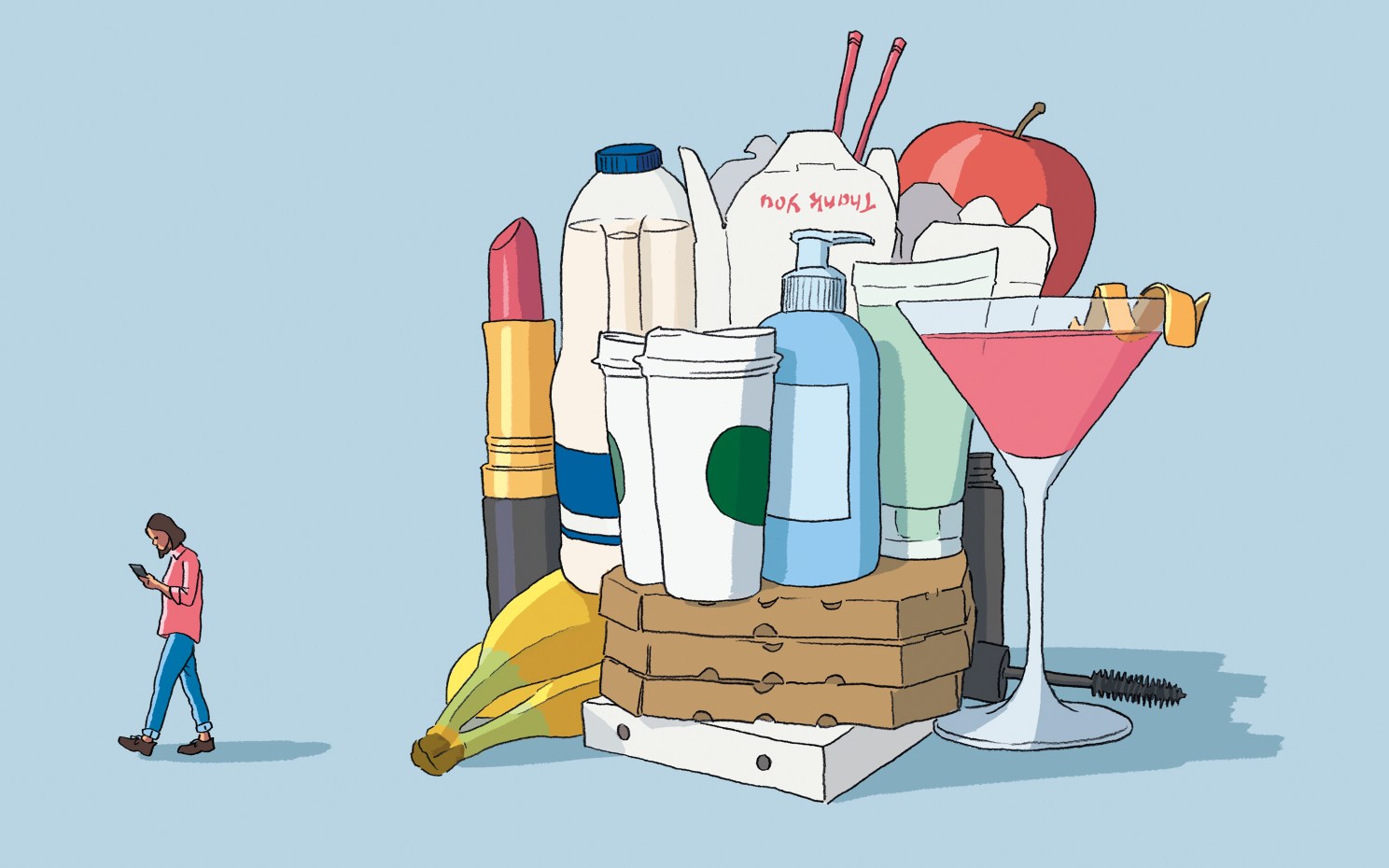
Your preferences aren’t as original as you may think, says behavior scientist
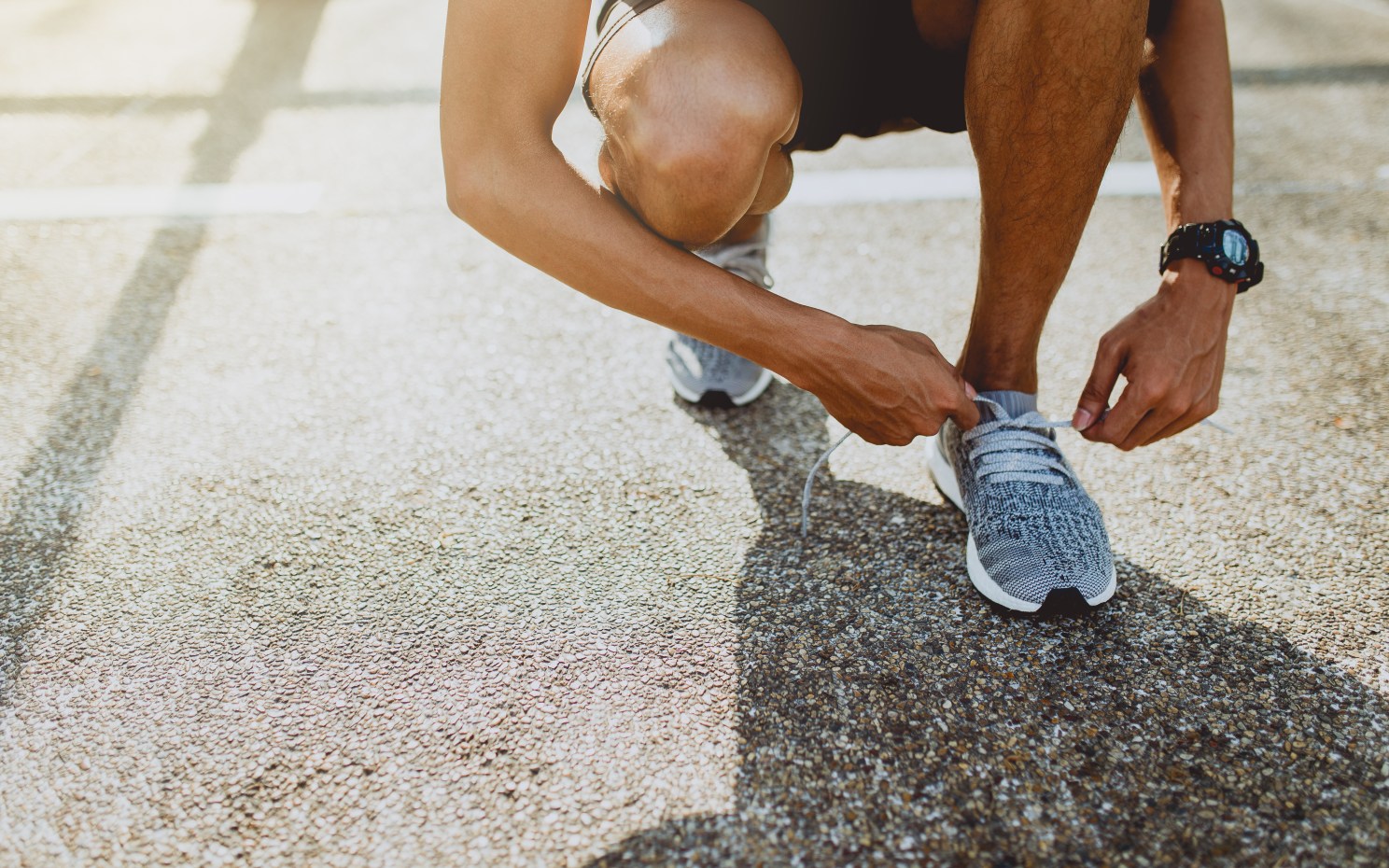
No such thing, specialist says — but when your body is trying to tell you something, listen
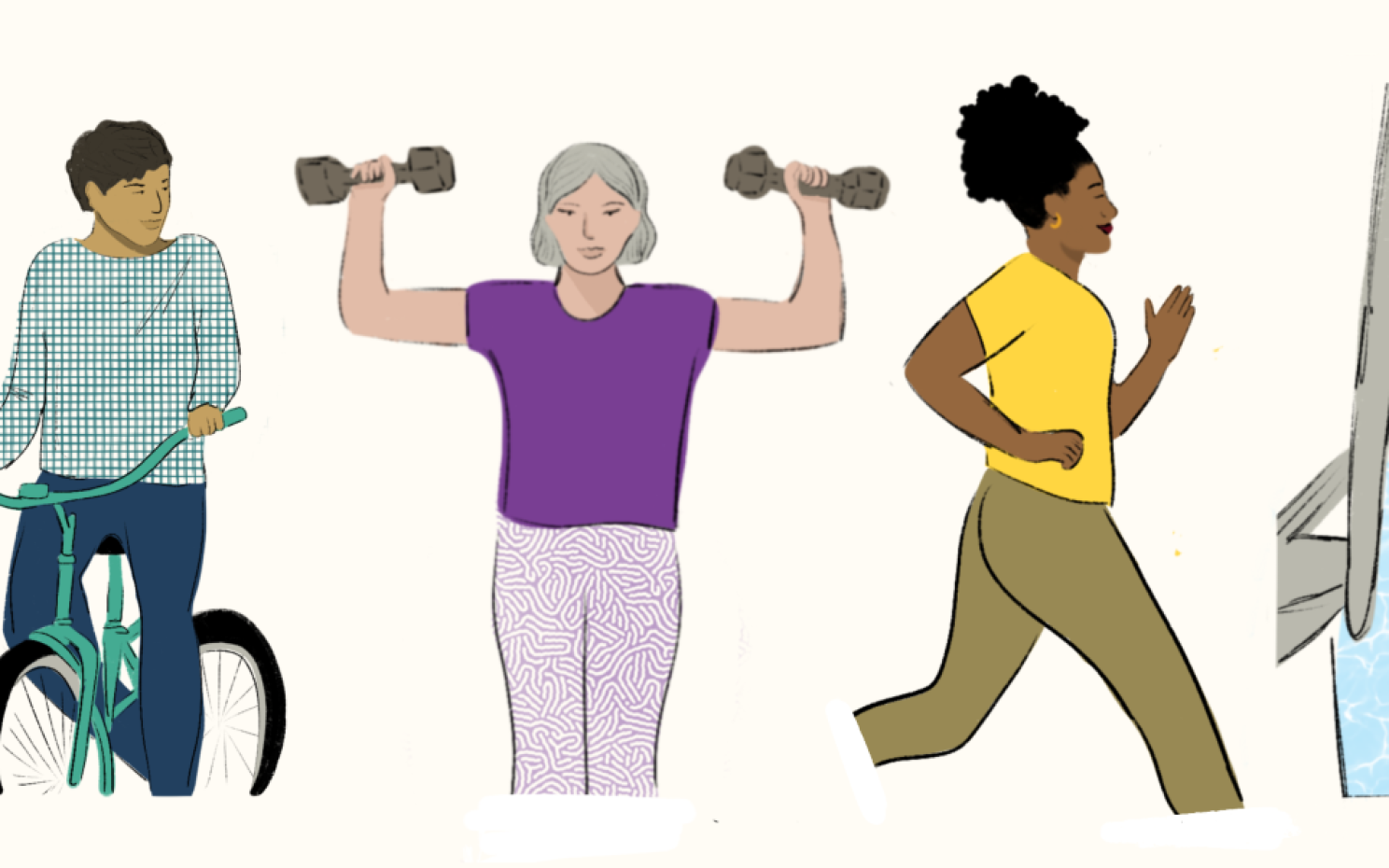
Pressed for time? You still have plenty of options.

